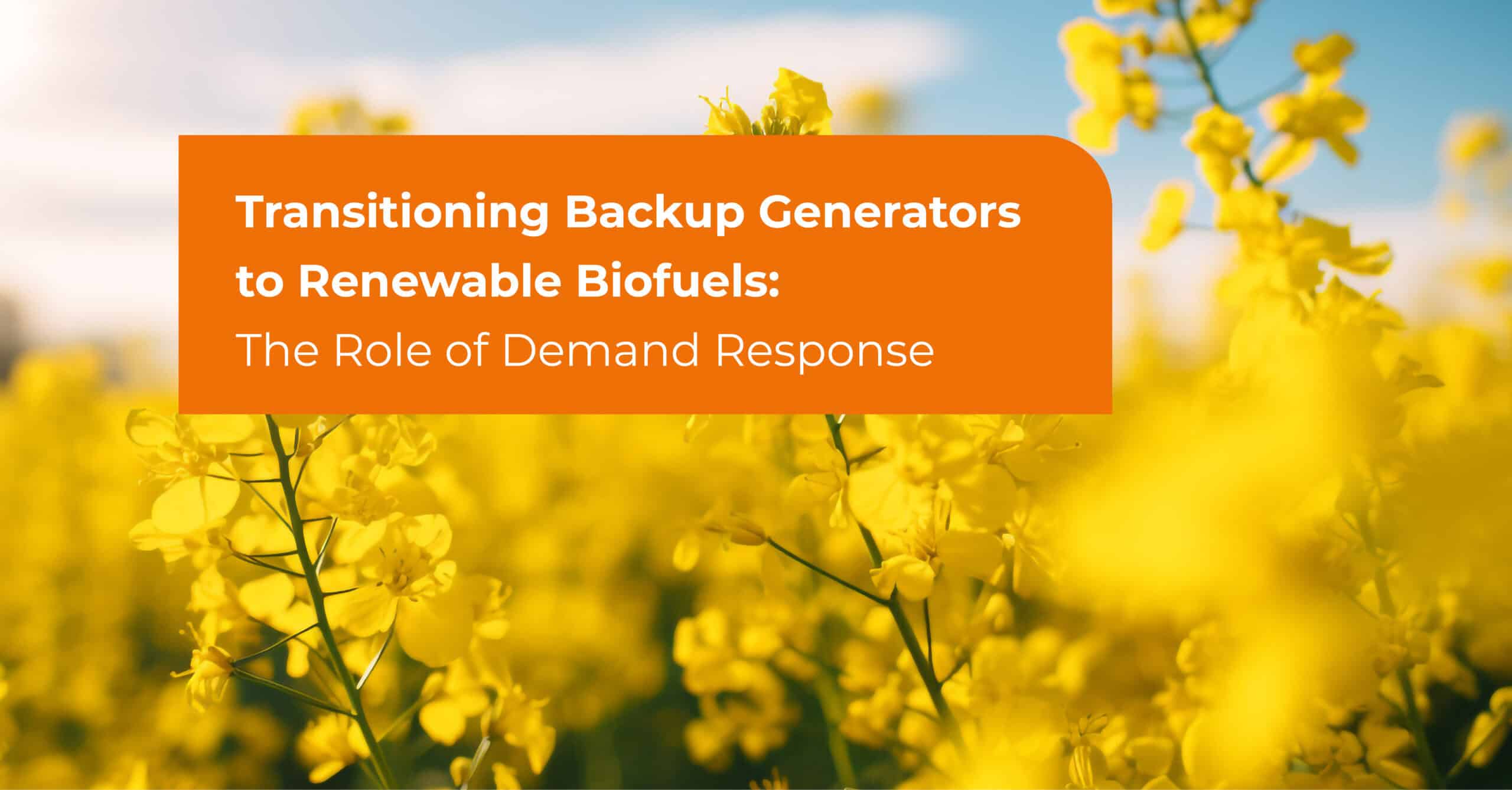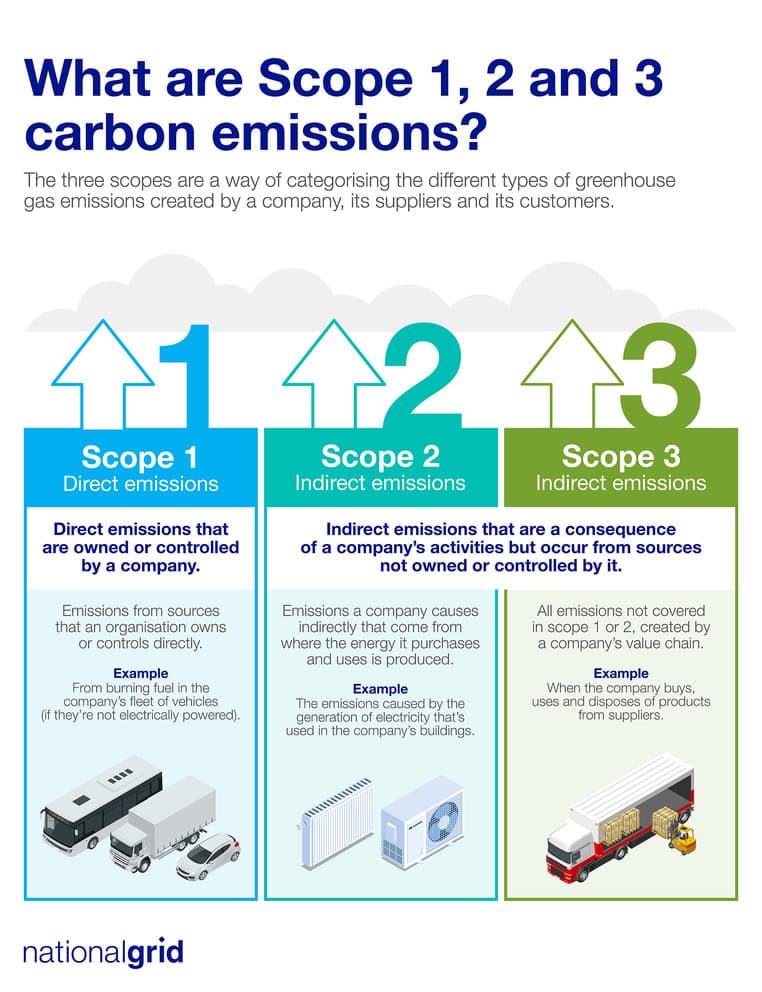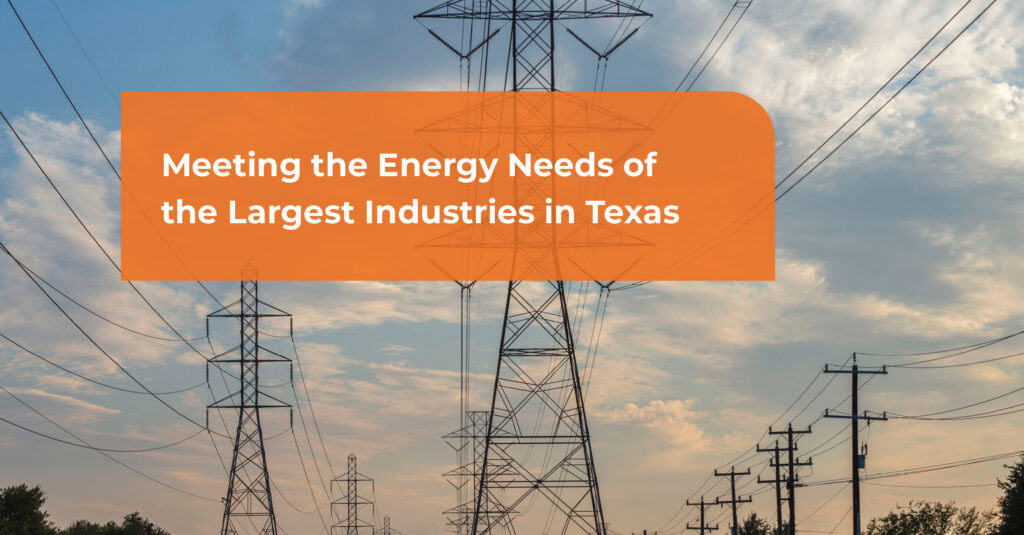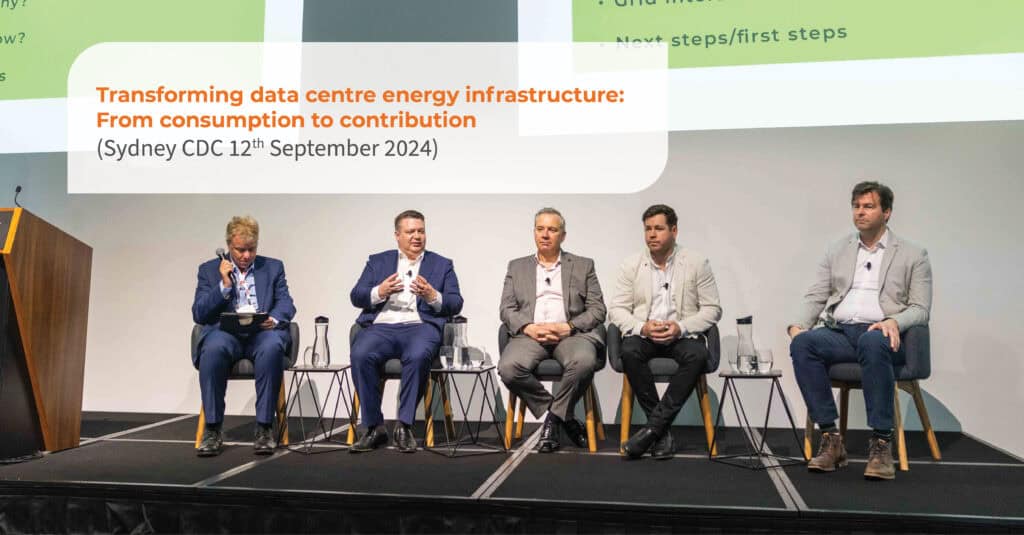
Transitioning Backup Generators to Renewable Biofuels: The Role of Demand Response
Backup generators play a crucial role in ensuring uninterrupted power supply during grid outages ensuring resilience and consistency of supply. However, the reliance on standard diesel fuel for these generators comes with significant Scope 1 emissions. To address this environmental concern, initiatives such as the Clean Energy Package (CEP) are paving the way for a transition to renewable biofuels, facilitated by demand response strategies.
Regular testing and maintenance of backup generators are essential to guarantee their seamless operation during power outages. However, the use of diesel fuel in these generators contributes to Scope 1 emissions, impacting air quality and exacerbating climate change.

The Clean Energy Package, introduced by the European Commission, is a comprehensive legislative framework aimed at promoting renewable energy, energy efficiency, and decarbonization in the European Union’s energy sector. Among its directives and regulations, the CEP includes provisions such as the Renewable Energy Directive (RED II) and the Energy Efficiency Directive (EED), driving the transition towards cleaner energy sources.
One significant aspect of the CEP is the requirement for new Individual Demand Site (IDS) backup generators to shift from standard diesel to Hydrotreated Vegetable Oil (HVO). Demand response plays a pivotal role in facilitating this transition. In order to avail of the lucrative demand side revenues, new participants to demand side markets must commit to running their back up generation on HVO. This advanced biofuel derived from waste materials offers approximately 90% lower CO2 emissions compared to standard diesel fuel.
The integration of demand response with renewable biofuels for backup generators not only mitigates Scope 1 emissions but also enhances energy resilience and sustainability. By aligning with the objectives of the Clean Energy Package, businesses can contribute to the EU’s efforts to combat climate change and promote a greener energy transition.
Demand response serves as a catalyst for the adoption of renewable biofuels in backup generators, in line with the goals of the Clean Energy Package. By leveraging demand response strategies, businesses can enhance their energy resilience while significantly reducing their environmental footprint.



